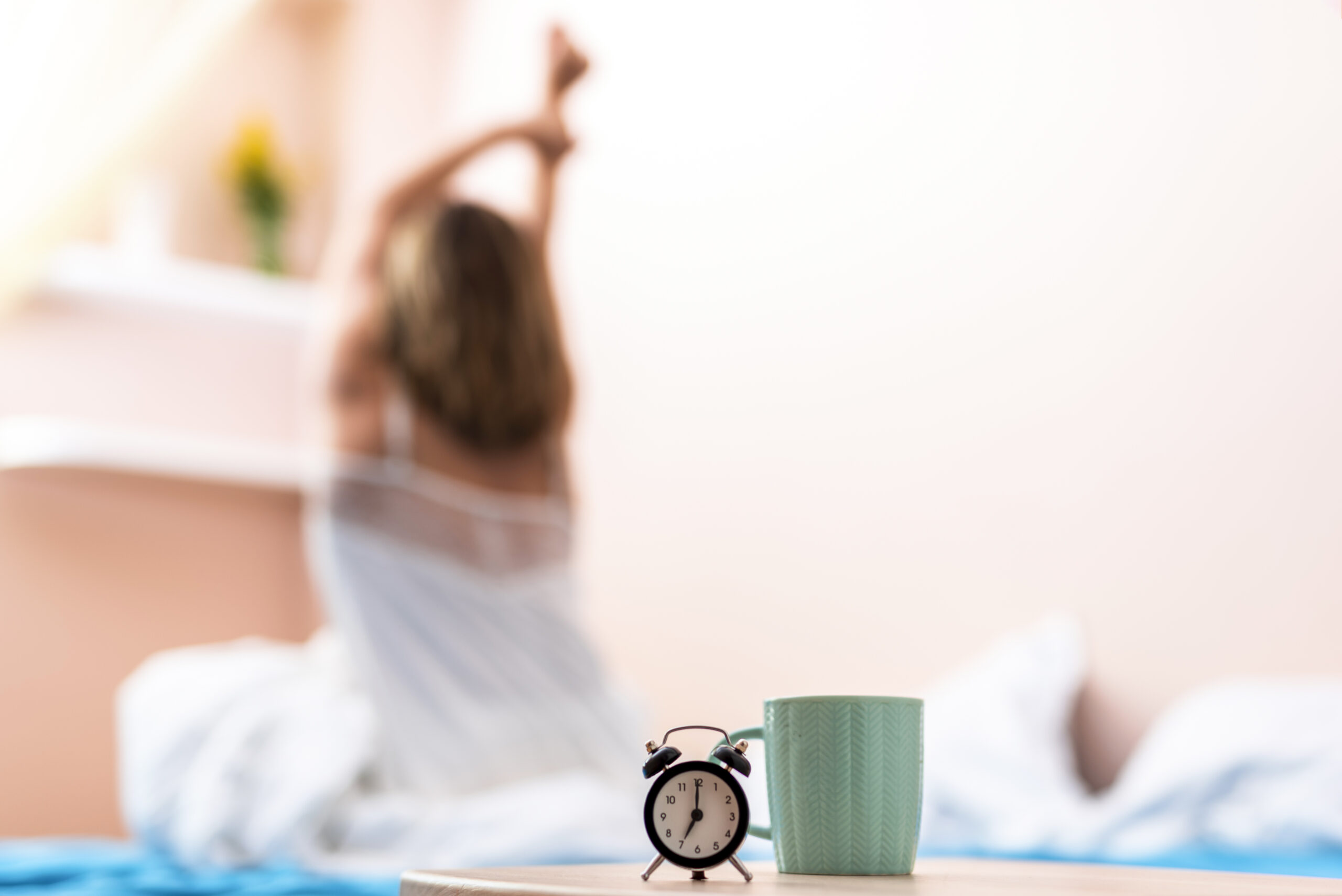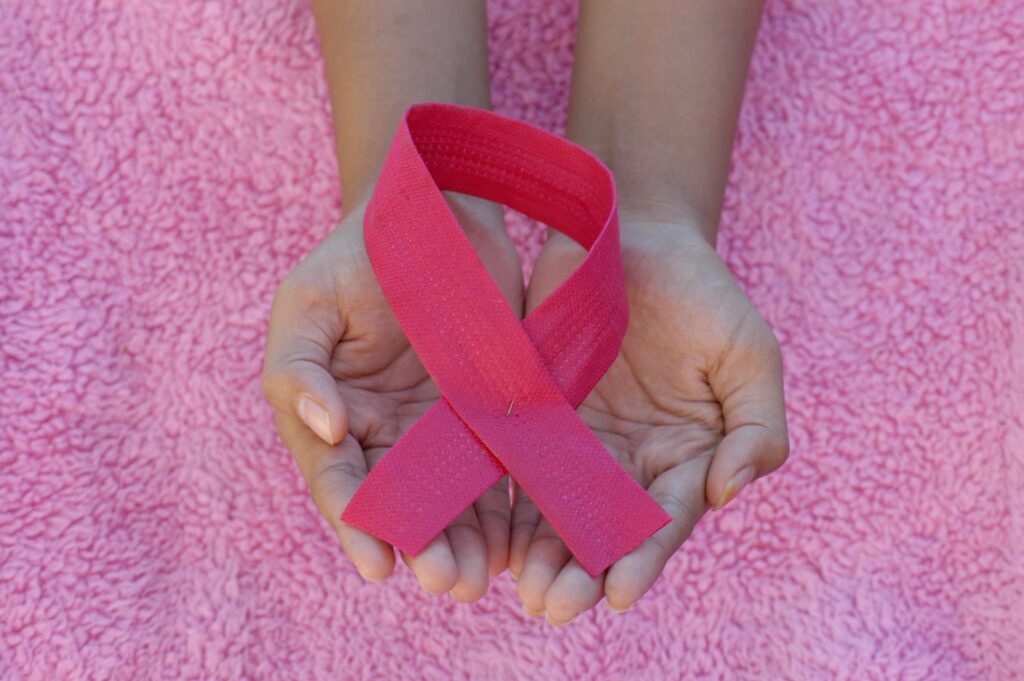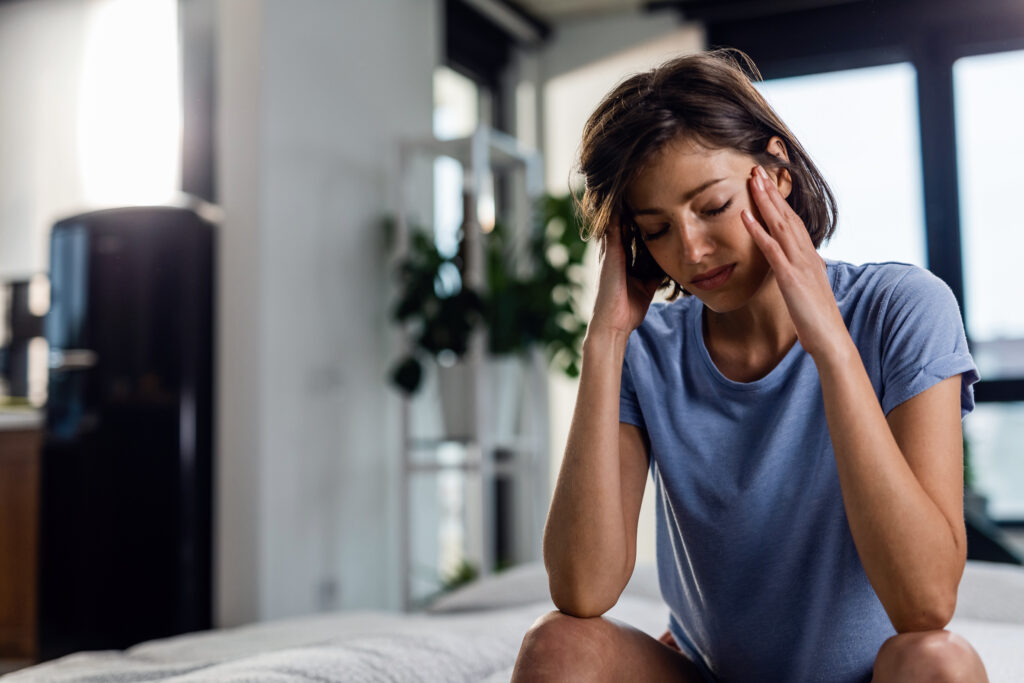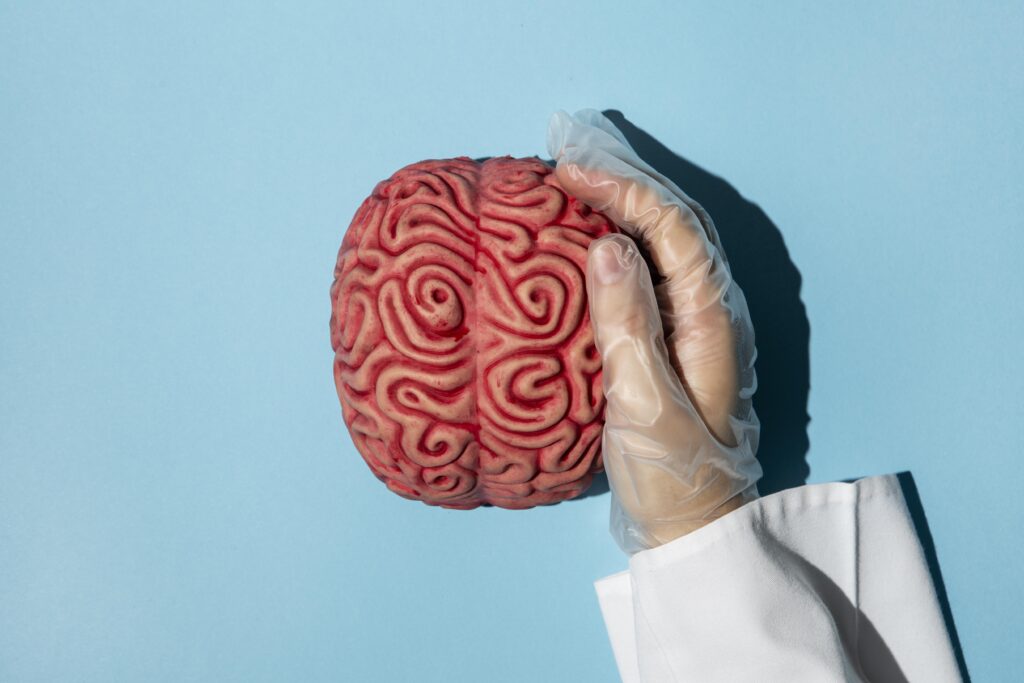The article discusses morning habits that may contribute to increased anxiety. It highlights the spike in cortisol, the stress hormone, in the morning and underscores the importance of adopting calming activities and a steady routine. Despite engaging in seemingly healthy practices like eating breakfast and getting sunlight, individuals may still experience morning stress. Therapists identify common habits that unknowingly contribute to morning anxiety and offer suggestions on how to cope with them.
Inconsistent sleep patterns are identified as a potential source of fatigue and stress. Maintaining a regular sleep schedule, even on weekends, is recommended to ensure a proper cortisol awakening response. Rushed mornings, often a consequence of hitting the snooze button repeatedly, can create chaos and set a stressful tone for the day. Establishing a basic morning routine is suggested as a way to provide structure and reduce stress.
Checking messages, social media, or news immediately upon waking is noted as a habit that overwhelms the mind and distracts from essential morning tasks. Postponing information consumption until later in the morning is suggested to foster a calmer start to the day. Inadequate sleep is highlighted as a disruptor of the cortisol awakening response, contributing to stress and a negative sleep cycle. Prioritizing a good night’s sleep is emphasized for overall mental well-being.
Excessive caffeine intake, beyond the recommended limit of 400 milligrams for adults, is mentioned as a potential trigger for anxiety and jitteriness. Understanding whether caffeine is used to compensate for a lack of sleep or other issues is considered important. Additionally, consuming coffee on an empty stomach is noted as potentially intensifying anxiety due to faster caffeine absorption. Negative self-talk at the beginning of the day is identified as contributing to heightened stress and anxiety, with positive affirmations and reframing negative thoughts recommended for improved mental well-being.
The article underscores the role of routine in managing stress hormones, suggesting consistent habits like eating, sleeping, and waking at the same time. Incorporating joy into the morning routine, such as journaling or setting intentions, is highlighted for fostering a positive mindset. Beyond mornings, engaging in social activities, meditation, maintaining a nutritious diet, staying hydrated, and regular exercise are suggested to combat anxiety throughout the day. Planning ahead by completing tasks in advance is recommended to ensure a smoother morning, reducing stressors and anxiety.











